Australian courts respond to the problems of AI use
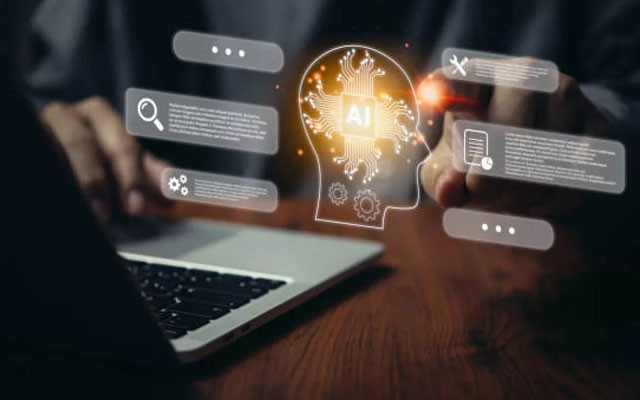
The extent to which artificial intelligence will be used in the legal profession is currently difficult to assess. However, the courts are already concerned about the use of AI for affidavits, testimonies, and references to precedents. Australian judges are concerned about the reliability of evidence.
The Guardian writes about this and cites several cases of unfair use of new technologies. Due to lack of time, a lawyer generated a review of court decisions using ChatGPT, which he included in the text of a court filing in an immigration case without checking. The review revealed seventeen non-existent cases. When this became known, the lawyer apologized to the federal court, which noted that the use of generative AI raises serious public concerns and that it is therefore important to set the right example by preventing its uncontrolled use by lawyers.
Another case was recorded in a family dispute. The lawyer used AI to create a list of court decisions at the request of the judge. However, when the judge and her assistants checked the list, they could not find these cases in the registers. Later, the lawyer admitted that the list was generated using Leap's legal platform with integrated generative AI.
But the problem is not only with lawyers. Judges have expressed concern about the use of AI by people who testify or represent themselves. In one case, a defendant submitted a characterization from his brother. The court suspected that it was written by AI because it contained a strange phrase: «I have known my brother both personally and professionally for a long time». The court noted that this phrase did not fit the context and cast doubt on whether the brother had actually written this characterization himself.
Thomson Reuters, a media company that offers its own artificial intelligence software for lawyers, surveyed 869 lawyers in Australia last year. It turned out that 40% of respondents worked in firms that experimented with AI but used it cautiously. 9% of lawyers have already used AI in their daily work. Almost one in three said they would like to have a generative AI assistant for legal work.
Recently, the Supreme Court of New South Wales issued a new guideline that restricts the use of generative AI by lawyers to prepare affidavits, testimonies, characterizations, and any other materials submitted as evidence or used in cross-examination.
Ginny Paterson, professor of law and director of the Center for Artificial Intelligence and Digital Ethics at the University of Melbourne, believes that the main problem is not only AI itself, but also the lack of training of lawyers. In her opinion, if people are properly trained, they will quickly realize that AI is not good at such tasks.
And the Victorian Legal Services Commission has identified the misuse of AI by lawyers as a key risk. After all, lawyers should remember that their duty is to provide accurate legal information, not to rely on AI. Unlike a professional lawyer, AI cannot provide a high-quality legal assessment or guarantee confidentiality.
Popular news

Advocacy
«Military advocates» have nothing to do with advocacy – UNBA statement
The activities of the «military advocates» who forcefully «repel» mobilized persons liable for military service in the TCC have nothing to do with legal practice based on the principles of the rule of law and legality.
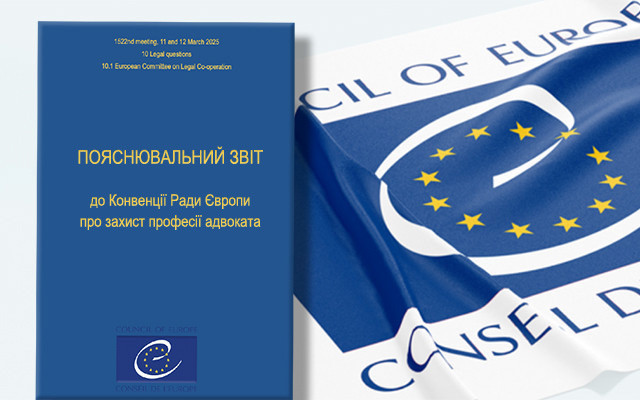
Advocacy
Commentary to the Council of Europe Convention on the protection of the profession of lawyer translated into Ukrainian
Along with the Convention on the Protection of the Profession of Lawyer, the Committee of Ministers of the Council of Europe also approved an explanatory report to it. This document is a kind of official commentary to be used by countries in the application of the international treaty.
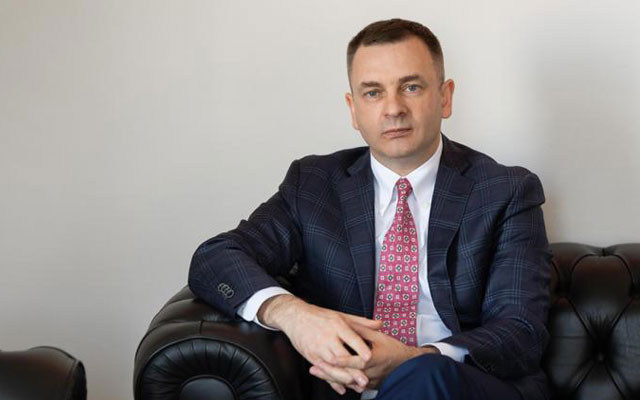
Advocacy
«The Convention will enhance the quality of human protection from criminal prosecution», - Valentyn Gvozdiy, the Vic…
Recently, the Council of Europe adopted the Convention on the Protection of the Profession of Lawyer, an international treaty that guarantees the independence, security and self-governance of lawyers. The latter call it a key step towards strengthening the rule of law. But what does this mean in practice, why is the Convention of extraordinary value - these and other questions were answered by Valentyn Gvozdiy, the Vice President of the UNBA, BCU, to the host of Fakty ICTV.
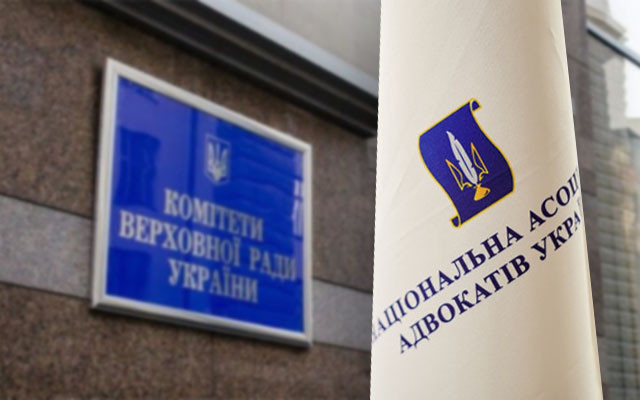
Advocacy
Ratification of the Convention on the protection of the legal profession will strengthen the legal system – UNBA
The Ukrainian National Bar Association has called on MPs and relevant ministries to ensure the expedited signing and ratification of the Council of Europe Convention on the Protection of the Profession of Lawyer by Ukraine.
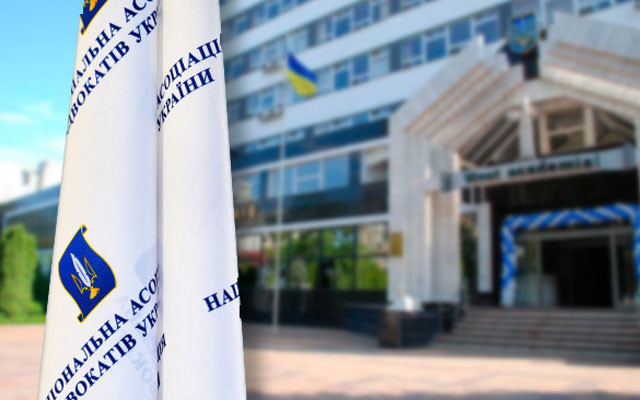
Advocacy
The BCU declared inadmissible the reorganization of the Odesa Law Academy
The Bar Council of Ukraine considers it appropriate to support the preservation of the National University Odesa Law Academy as an independent university, whose decades-long traditions and high standards of education and academic independence determine its distinctive uniqueness.
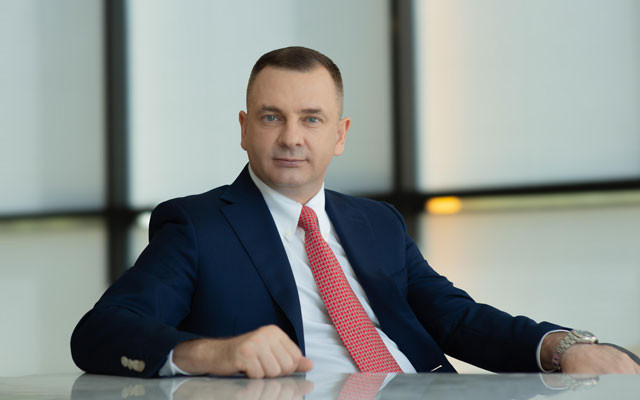
Advocacy
Ukraine should be one of the first to ratify the Convention on the Protection of the Profession of Lawyer - V. Gvozdiy
Ukraine definitely needs to be among the countries that will be the first to ratify the Convention on the Protection of the Profession of Lawyer, adopted by the Council of Europe on March 12, in order to confirm its status as a legal and democratic state.
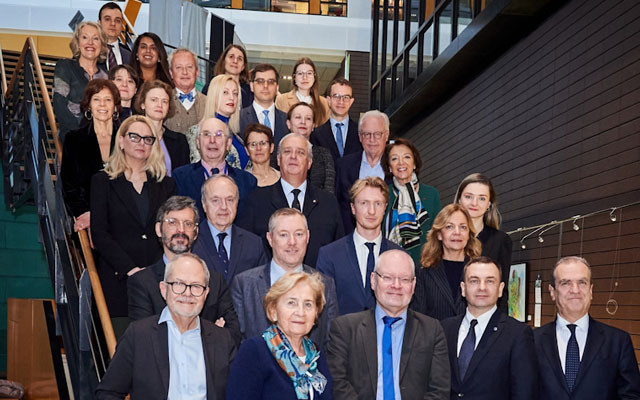
Advocacy
Convention on the protection of the profession of advocate adopted by the Council of Europe
The Council of Europe at its 1522nd meeting, held on March 11 and 12, 2025, adopted the Council of Europe Convention for the Protection of the Profession of Lawyer.
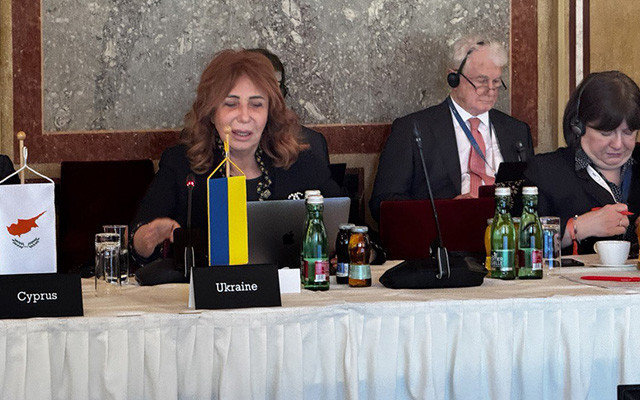
Advocacy
European Presidents Conference 2025: Challenges to the Rule of Law by Lidiya Izovitova
Against the backdrop of the war in Ukraine and the discussion of guarantees of its security, there is a growing militarization of political discourse not only in Ukraine but also in European countries. In the context of martial law, the issue of reforming the military justice system, including the possibility of creating an institute of military advocacy, has become particularly relevant.
Publications

Ihor Kolesnykov A BRIEF SUMMARY REGARDING THE APPLICATION OF THE ORDER ON EXTENDED CONFISCATION IN LATVIA REGARDING FINANCIAL ASSETS OF…

Valentyn Gvozdiy WORKING IN A WAR ZONE

Lydia Izovitova Formula of perfection

Sergiy Vylkov Our judicial system is so built that courts do not trust advocates

Iryna Vasylyk Advocacy in the proclamation of Independence of Ukraine

Oleksandr DULSKY When we cross the border of the Supreme Anti-Corruption Court, we get into another department of the National Anti-Corruption…

Vadym Krasnyk The UNBA will work, and all obstacles and restrictions are only temporary inconveniences

Lydia Izovitova Interview with Lydia Izovitova on the occasion of the 8th anniversary of the founding of UNBA: We are the voice of t…
